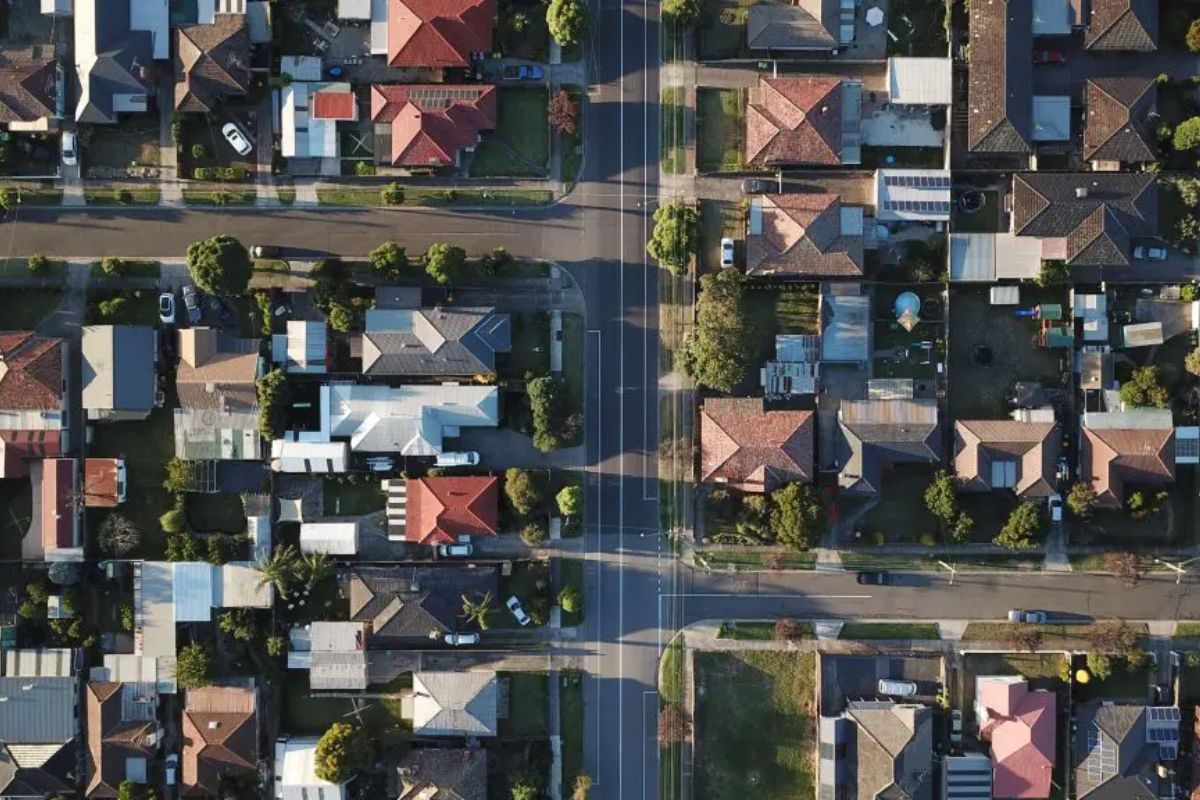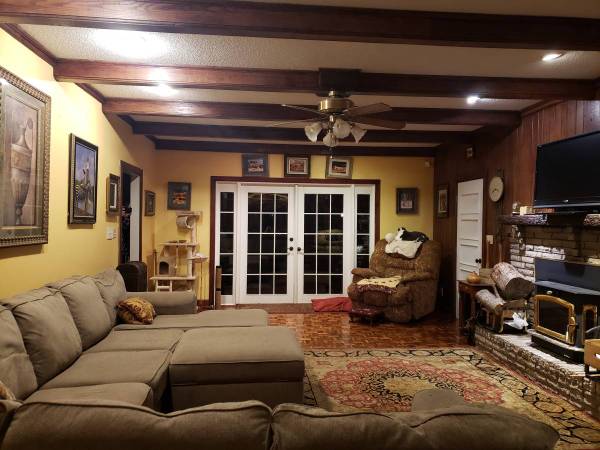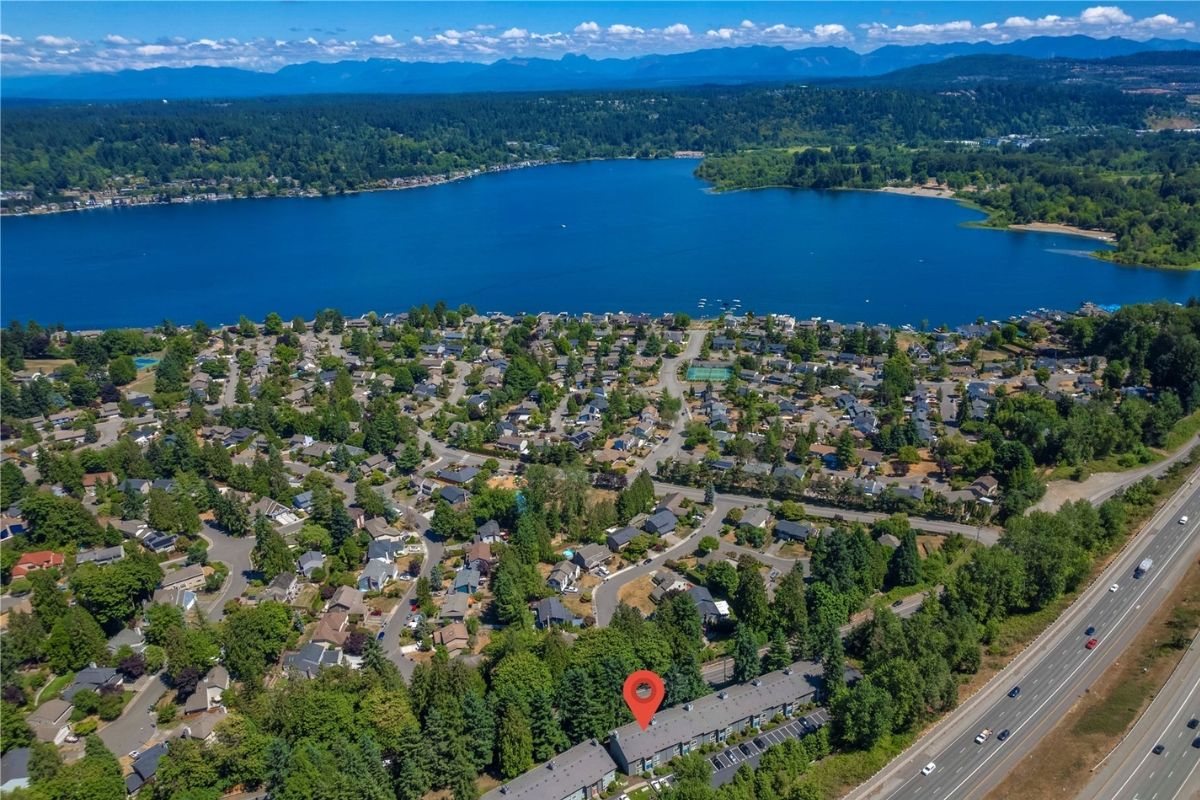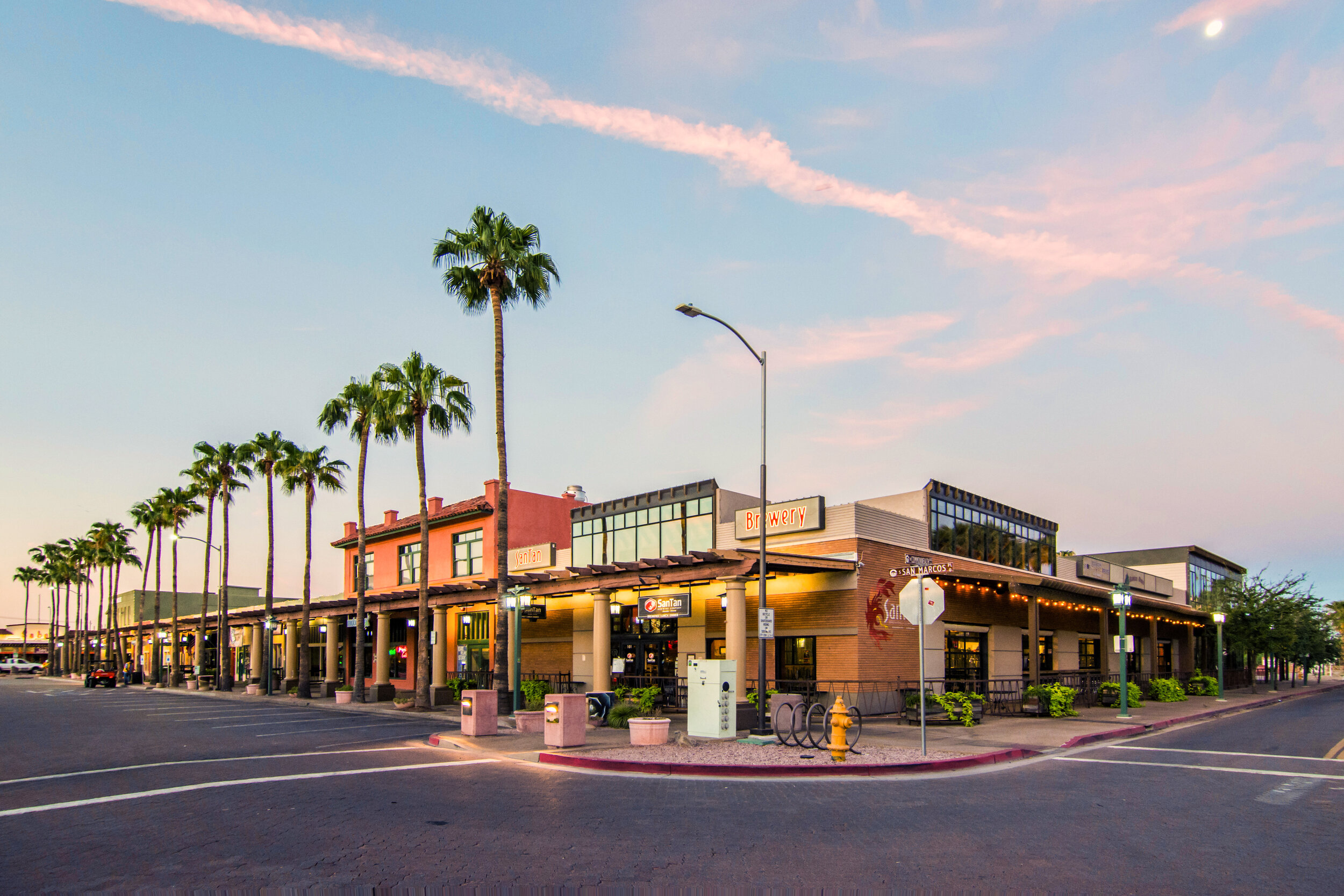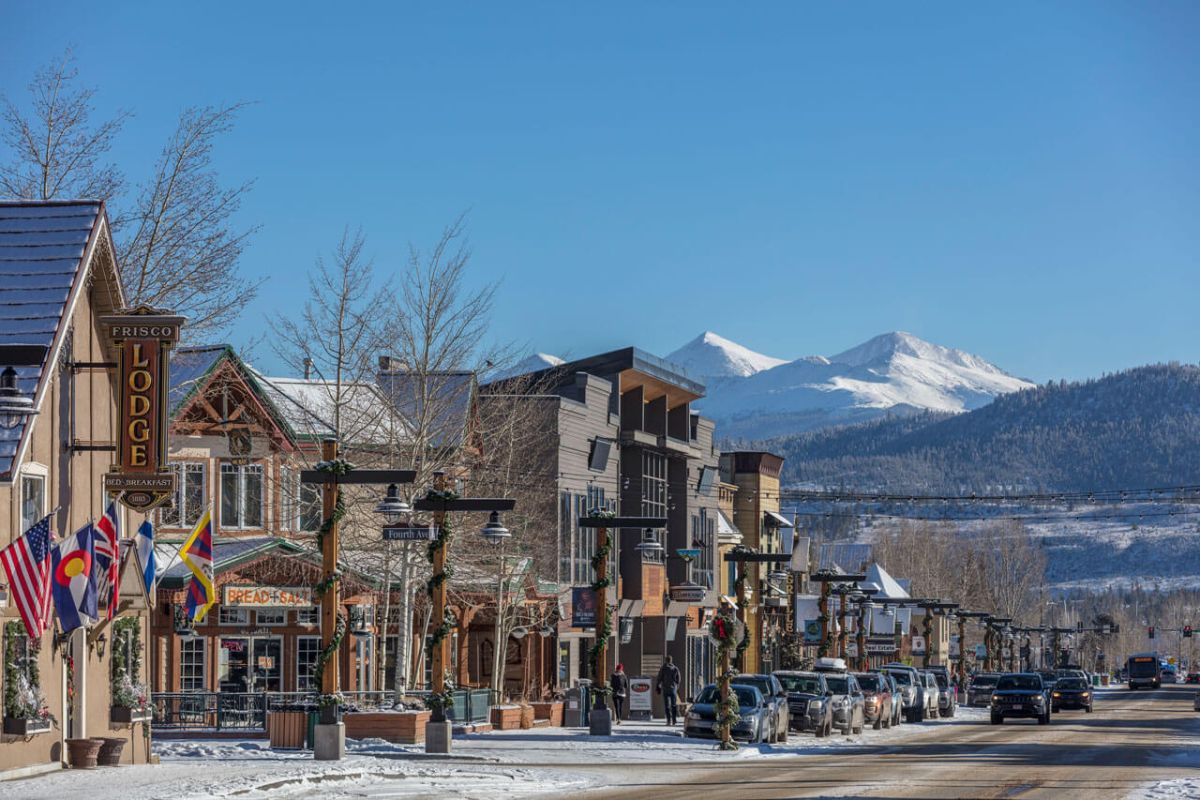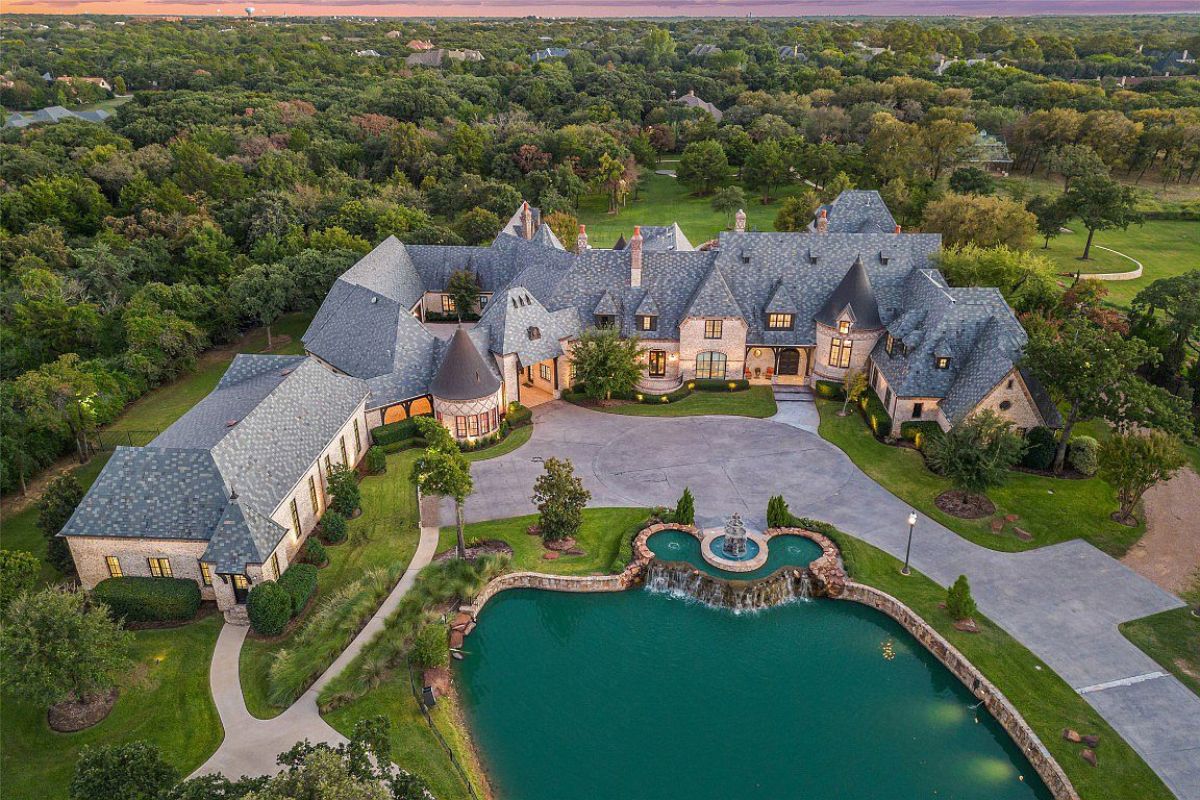Basement living offers affordability and privacy, making it an attractive option for urban and suburban renters. It has become a popular choice for many seeking affordable housing options. In this article, we'll explore the must-know facts about living in these subterranean dwellings, highlighting both the advantages and challenges they present.
The Bright Side
Affordability And Cost-Effectiveness

Basement apartments are often more affordable compared to other types of housing. Since they are located below ground level, they generally have lower rental or purchase prices compared to apartments on higher floors or standalone houses. This makes them an attractive option for individuals or families on a tight budget or those looking to save money.
Basements are naturally cooler in the summer and warmer in the winter due to their underground location. As a result, basement apartments tend to require less energy for heating and cooling, leading to lower utility bills. This can contribute to long-term cost savings for residents.
In some cases, basement apartments are part of a larger property or house. This arrangement can allow for shared expenses, such as splitting utility bills or maintenance costs, with the main occupants of the property. Sharing these costs can significantly reduce the financial burden on the basement apartment residents.
Privacy And Reduced Noise Levels
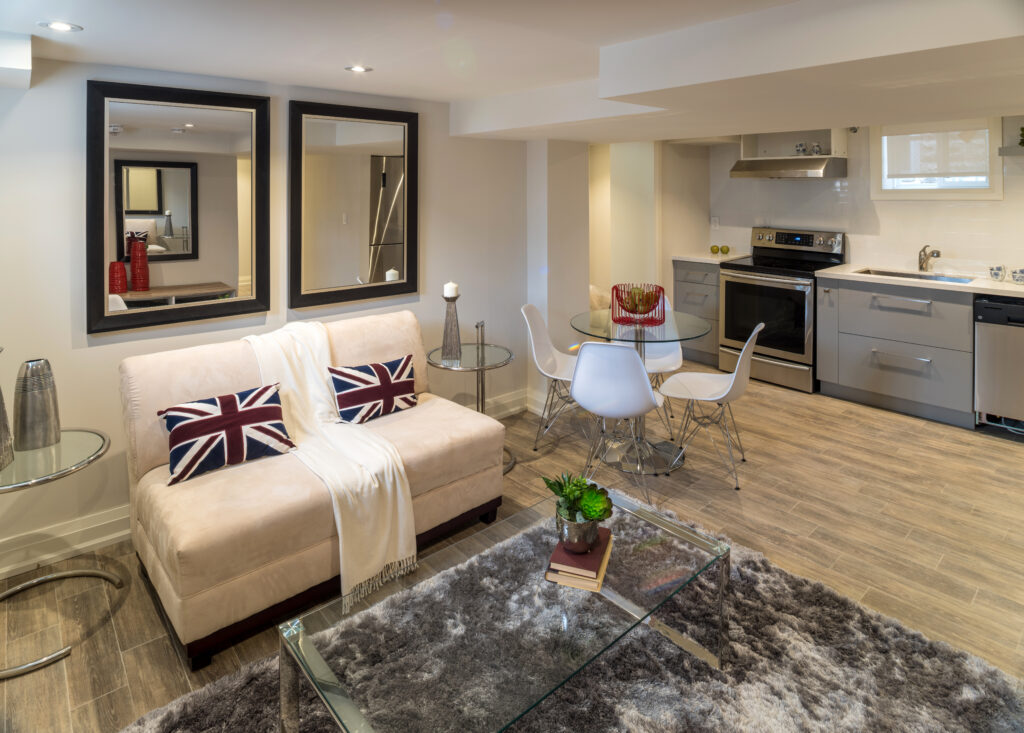
Basements are typically located below the main living areas of a house or apartment building. This physical separation provides an inherent level of privacy as you are distanced from the daily activities and foot traffic happening on the upper floors. This can be particularly beneficial if you prefer a quieter and more secluded living environment.
In many cases, basement apartments are situated to minimize the number of adjacent units or neighbors. This can lead to a reduced amount of noise coming from neighboring apartments since there are fewer shared walls or floors. Additionally, if your basement apartment is a standalone unit, you may not have any neighbors directly above or below you, further reducing the potential for noise disturbances.
The construction of a basement, which typically involves concrete or masonry walls and floors, can provide natural sound insulation. These materials can absorb and dampen sound waves, reducing the transmission of noise from the outside or from other parts of the building. This can contribute to a quieter living environment than above-ground units often constructed with lighter materials.
Basements are generally shielded from external noise sources such as traffic, street noise, or other urban sounds. The surrounding earth or foundation walls can act as a buffer, helping to muffle sounds from the outside world. This can be advantageous for individuals who are sensitive to noise or prefer a more peaceful living space.
Since basements are typically accessed through a separate entrance or a common area shared with a limited number of residents, there tends to be less foot traffic compared to upper levels of a building. This can result in reduced noise from people passing by your apartment, creating a quieter and more private living environment.
Cooler Temperatures In Hot Climates
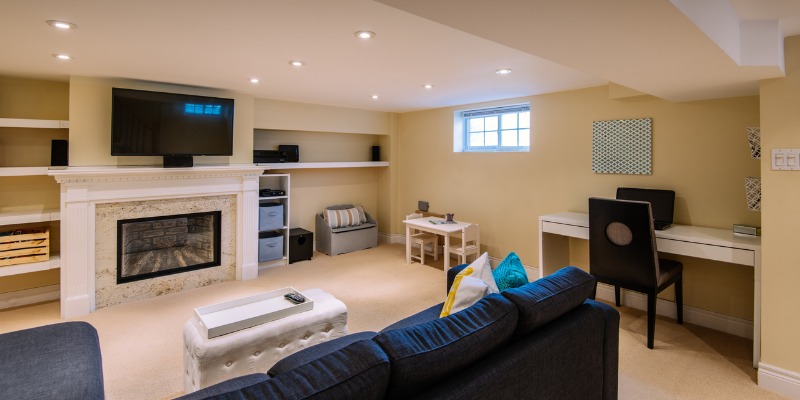
Basements are often naturally cooler than above-ground levels because they are partially or fully surrounded by soil. The surrounding earth acts as insulation, helping to regulate temperatures and prevent excessive heat transfer. The soil's thermal mass absorbs and dissipates heat, which can help keep the basement cooler compared to the hotter external environment.
Since basements are located below ground level, they receive less direct sunlight. Sunlight is a significant source of heat, and reduced exposure to it helps keep the basement cooler. The lack of direct sunlight can result in lower temperatures, making the basement apartment a more comfortable living space, especially during hot summer months.
Basements typically have smaller windows or windows positioned higher on the walls compared to above-ground levels. These smaller windows and higher placement reduce the amount of direct sunlight entering the apartment, minimizing heat gain. Additionally, window wells or window covers can further limit the amount of sunlight and heat entering the basement.
Basements often have a natural tendency to stay cooler due to the stack effect. As warm air rises, cooler air from the basement can replace it, creating a natural circulation of air. If the basement has windows or vents, they can be strategically positioned to enhance this airflow, allowing for better ventilation and cooler temperatures.
Basements typically have a lower ambient temperature compared to above-ground levels, which can make it easier to cool the space using mechanical means. For instance, air conditioning units or fans may need to work less to achieve comfortable temperatures in a basement apartment compared to higher floors. This can result in more efficient cooling and potentially lower energy costs.
The Unpretty facts
Limited Natural Light And Ventilation
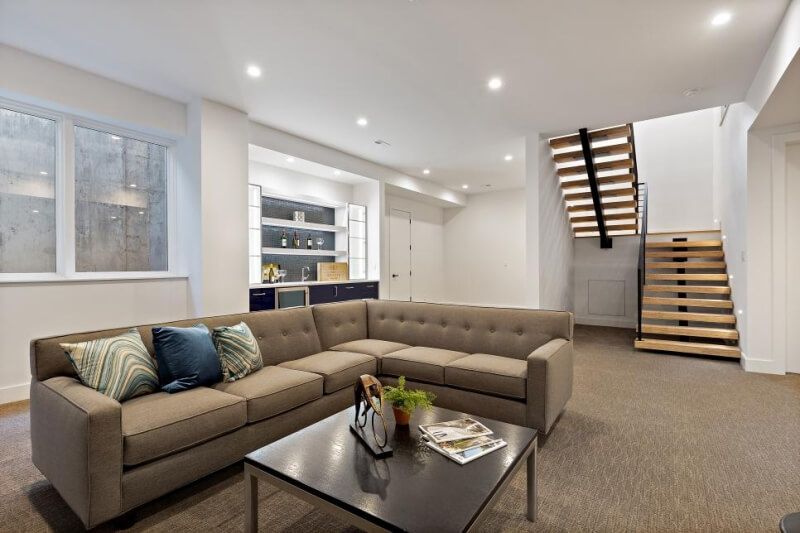
Basements, by their nature, are located below ground level, which means they have limited access to natural light. The positioning of the apartment restricts the amount of sunlight that can enter through windows or openings. As a result, the interior of a basement apartment tends to be darker compared to above-ground living spaces.
Basement windows are generally smaller and positioned higher on the walls compared to windows in above-ground levels. This design choice is primarily for security reasons, as it can be more challenging for intruders to access the apartment. However, smaller and higher windows limit the amount of natural light that can enter the space, further contributing to the lack of natural illumination.
Basements are often surrounded by the soil or foundation walls of the building, which can obstruct the entry of natural light. Additionally, external structures such as decks, porches, or landscaping features may block sunlight from reaching basement windows. These obstructions further restrict the amount of natural light that can penetrate the apartment.
Due to their lower positioning and smaller windows, basement apartments offer limited opportunities for enjoying exterior views. The view from the windows may be obstructed by the ground level or objects close to the building. This lack of visual connection with the outside world can contribute to a sense of limited openness and can make the space feel more enclosed.
Basement apartments often have limited access to fresh air and natural ventilation. The lower position of the apartment restricts the flow of air, and windows may be smaller and positioned higher, making it challenging to create cross ventilation. This can result in reduced airflow, potentially leading to stagnant or stuffy conditions within the apartment.
Higher Risk Of Moisture And Humidity Issues
Basements are situated below ground level, which makes them more susceptible to moisture infiltration from the surrounding soil. Moisture can seep through the foundation walls, floor, or even cracks in the concrete, leading to dampness and potential water damage.
Basements are at greater risk of water accumulation and flooding, especially in areas with high water tables or heavy rainfall. Inadequate drainage systems or improper grading around the building can result in water seeping into the basement, causing moisture issues and potential damage to belongings.
Limited natural light in basement apartments can inhibit the drying of damp areas, as sunlight plays a crucial role in reducing moisture levels. The absence of direct sunlight can contribute to persistently damp conditions, promoting the growth of mold and mildew.
Noise Disturbances From Upstairs Neighbors

While basement apartments generally offer a quieter living environment compared to higher levels, it's essential to keep in mind that no living space is entirely immune to noise disturbances. The noise level can be influenced by various factors, including the construction quality of the building, the behavior of neighbors, and the presence of mechanical systems. If noise disturbances become a concern, it may be helpful to discuss the issue with the landlord or property management to explore potential solutions or alternative living arrangements.
Potential Security Concerns Due To Lower Visibility
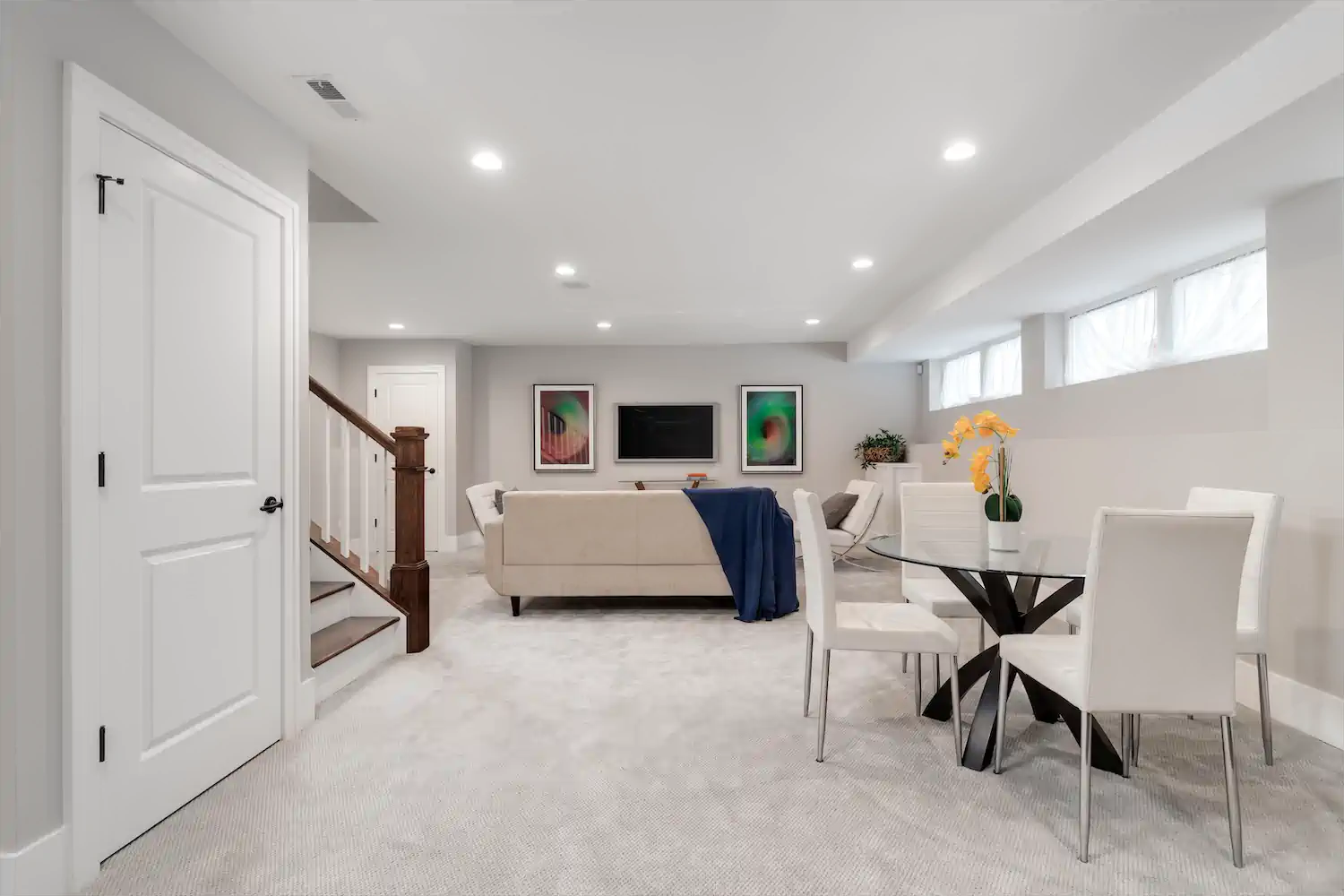
Basement apartments typically have limited access to natural light due to their below-ground location and smaller or higher windows. The lack of natural light can create darker and shadowy areas, which may make it more difficult to observe suspicious activities or identify potential security risks.
Basement windows may be more accessible to unauthorized individuals due to their lower positioning. Intruders or burglars may find it easier to target basement apartments as they can go unnoticed when attempting to gain entry.
Basement apartments typically have limited opportunities for natural surveillance by neighbors or residents passing by, as they are often set apart from the main living areas of a building. This lack of natural surveillance can make it easier for criminals to operate without being detected.
Conclusion
Basement apartments offer affordability and privacy but come with challenges like limited natural light and moisture issues. By weighing these pros and cons, tenants can make informed decisions. Understanding individual priorities is key to determining if basement living is suitable. With thorough consideration, tenants can ensure a positive living experience in their chosen accommodations.
